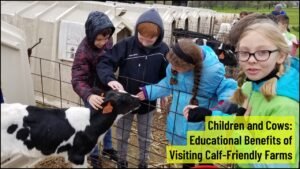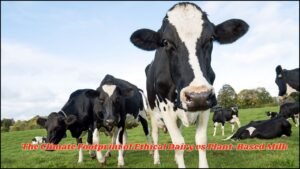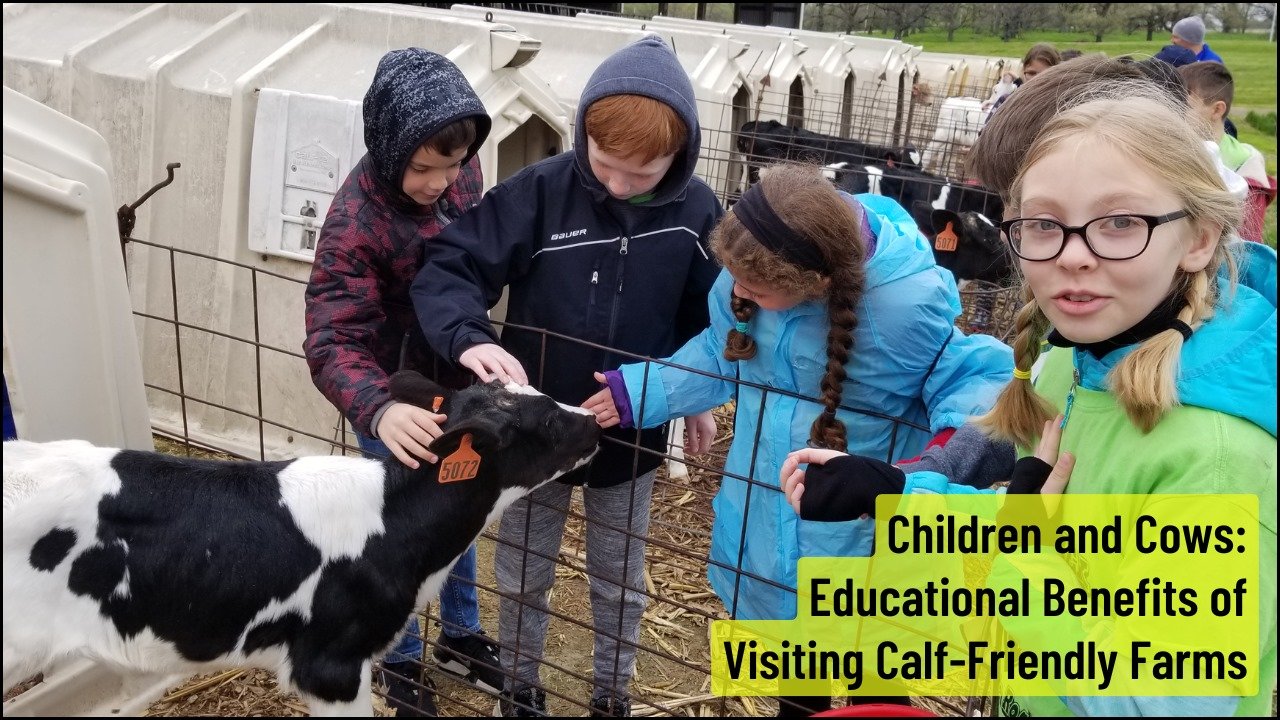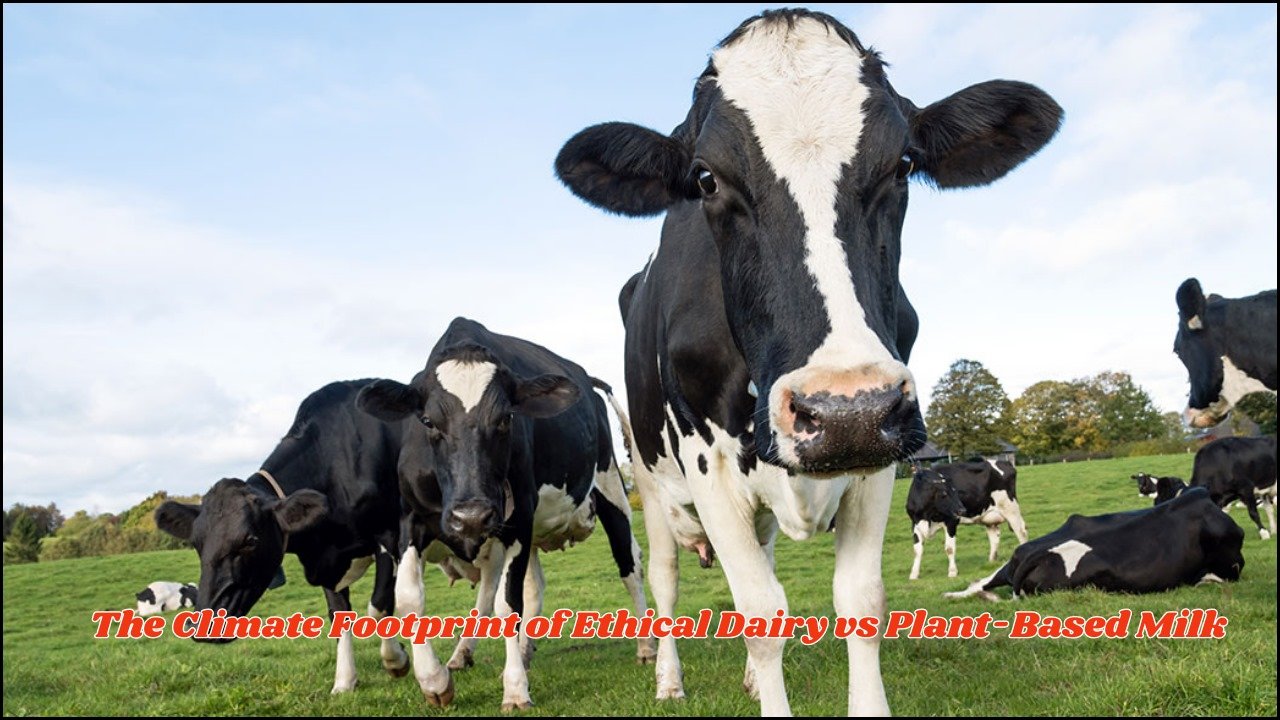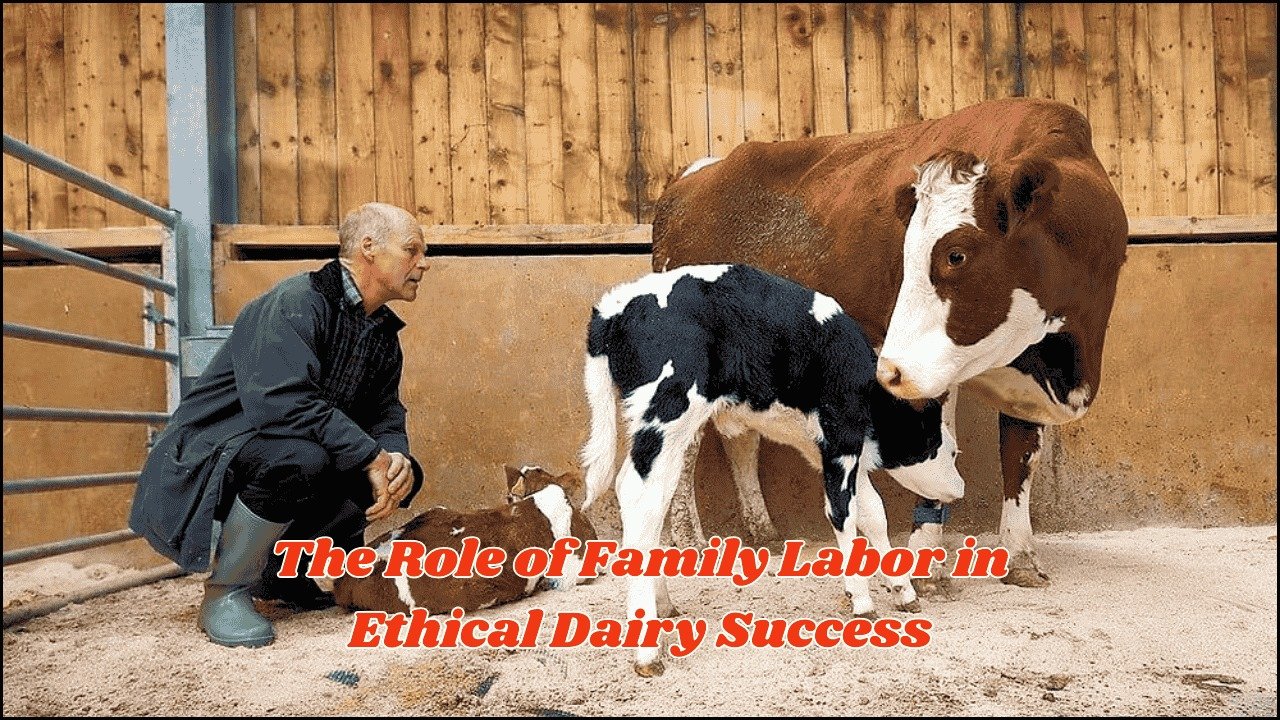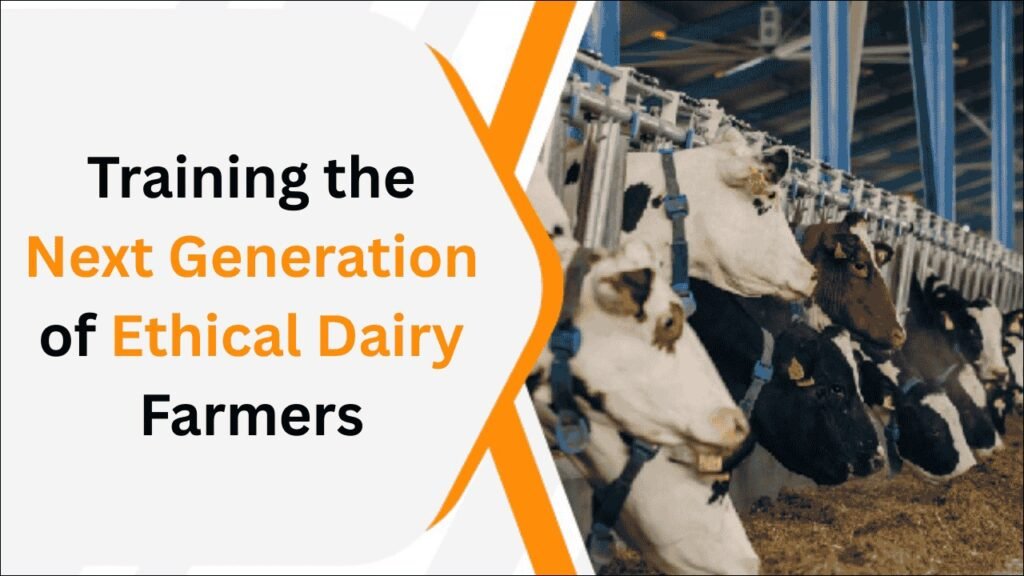
The future of dairy farming lies in a more ethical, sustainable, and welfare-focused approach. As consumer demand shifts toward higher animal welfare standards, the industry needs well-trained professionals who understand both modern farming techniques and ethical responsibilities. Education programs, apprenticeships, and university research are playing a crucial role in shaping the next generation of ethical dairy farmers.
Table of Contents
Overview
| Pathway Type | Key Features | Benefits | Typical Duration | Example Providers |
|---|---|---|---|---|
| Education Programs | Classroom + practical farm modules on welfare, sustainability, and business ethics | Strong theoretical foundation + practical exposure | 1–3 years | Agricultural colleges, vocational schools |
| Apprenticeships | On-the-job training with experienced ethical farmers | Real-world skills, earn while learning | 1–2 years | Partner farms, industry bodies |
| University Research | Academic studies with applied field projects | Innovation, evidence-based practices | 3–4 years (degree) | Agricultural universities |
| Mentorship & Networks | Informal learning through farmer networks and co-ops | Peer-to-peer knowledge sharing | Ongoing | Local co-ops, farming groups |
Ethical Dairy Training
Ethical dairy farming goes beyond producing milk — it’s about ensuring animal welfare, protecting the environment, and maintaining transparency in production. Farmers are now expected to understand pasture management, low-stress animal handling, biodiversity, and sustainable milk production systems. The right training ensures these values are embedded from the start of a farmer’s career.
Education Programs for Ethical Dairy Farming
Agricultural colleges and technical schools are expanding their dairy courses to include modules on:
- Animal Welfare Science – covering calf-rearing practices, herd health, and humane treatment.
- Sustainable Grazing Systems – teaching how to maximise pasture quality while protecting soil health.
- Climate-Resilient Farming – strategies to reduce methane emissions and adapt to extreme weather.
- Ethical Business Models – exploring fair-trade certification, direct-to-consumer sales, and community engagement.
These programs combine classroom learning with on-farm training, allowing students to apply ethical theories in real-world scenarios.
Apprenticeships
Apprenticeships are a key pathway for young people entering the dairy sector. They provide hands-on experience under the guidance of experienced farmers, often within welfare-focused operations. Apprentices learn how to:
- Manage extended cow-calf contact systems.
- Implement pasture rotation for animal and environmental health.
- Use technology like automated milking systems while maintaining ethical practices.
Some farms partner with education providers to offer earn-while-you-learn schemes, helping trainees develop both practical skills and formal qualifications.
University Research and Innovation
Universities are driving forward innovations in ethical dairy farming through research projects and field trials. Topics often include:
- Nutritional differences in milk from pasture-fed cows.
- Environmental benefits of regenerative grazing.
- Welfare monitoring technologies, such as sensor-based health trackers.
- Breeding programs for healthier, longer-living dairy herds.
Collaboration between researchers and farmers ensures that findings are applied quickly, helping the industry evolve toward higher welfare and sustainability standards.
Community Learning
Beyond formal education, mentorship plays a big role in shaping ethical farmers. Many established farmers offer guidance to newcomers, sharing insights on low-stress handling, community relations, and market positioning for ethically produced milk. Farmer networks and local agricultural co-operatives also organise workshops and field days to exchange knowledge.
Challenges
Despite progress, several challenges remain:
- Cost of Training – advanced education programs and apprenticeships require funding.
- Access to Ethical Farms – not all trainees can find placements in welfare-focused operations.
- Balancing Productivity and Ethics – some farms still prioritise yield over welfare, influencing trainee mindsets.
Addressing these challenges will be vital to ensuring the ethical dairy movement grows.
FAQs
Q1: What is ethical dairy farming?
A = Ethical dairy farming prioritises animal welfare, environmental sustainability, and fair treatment of workers while producing high-quality milk.
Q2: How can someone start a career in ethical dairy farming?
A = Start with a relevant agricultural course or apprenticeship, ideally with a welfare-focused farm, and continue learning through workshops and research updates.
Q3: Why is university research important for ethical dairy?
A = It provides science-backed solutions that improve welfare, reduce environmental impact, and boost the sustainability of dairy production.

